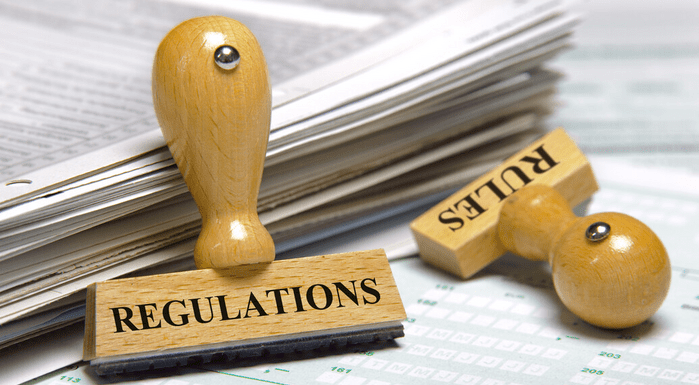Companies House has gained new powers this week to improve the quality of its data and beef up its ability to prevent fraud within the companies’ register. The move comes after the UK’s banks were alerted to possible rogue filings at the register.
The new measures, introduced on Monday through the Economic Crime and Corporate Transparency Act 2023 (ECCT Act), empower Companies House to scrutinise information, demand supporting evidence and rectify inaccuracies.
Stringent checks on company names are now enforced to prevent misuse of personal information, including the ability to remove inaccurate information.
Meanwhile, changes to registered office address rules eliminate the use of PO boxes as registered office addresses. Registered email addresses are also required by all companies, to provide for a more secure and traceable communication channel.
Subscribers are required to confirm the lawful purpose of forming a company during incorporation, with subsequent confirmation of the intended lawful activities in the company’s statement.
The changes also allow Companies House to share data with government departments and law enforcement agencies to better combat economic crime.
Louise Smyth, CEO of Companies House, described the enhanced powers as the most significant change for Companies House in the organisation’s 180-year history. “As we start to crack down on abuse of the register, we are prioritising cases where people’s names and addresses have been used without their consent. It will now be much quicker and easier to report and remove personal information that has been misused.”
Business Minister Kevin Hollinrake said the changes would give Companies House the tools it needed to take a much harder line on criminals who take advantage of the UK’s open economy. It would enhance the UK’s reputation as a great and safe place to do business, he said.
“The new reforms provide further protection to the public from companies fraudulently using their address and will begin to remove the smoke and mirrors around companies hiding behind false information.”
This marks the first phase of new powers adopted by Companies House, with further enhancements, including identity verification and accounts reform, in the pipeline. These two anticipated acts will be introduced over a longer period.
This phased approach aims to minimise disruptions for legitimate businesses. Companies House has pledged to keep businesses informed through various communication channels and campaigns as additional measures are introduced via its Changes to UK company law website.
Banks put on high alert following rogue filings
The need for new powers for the register was brought home this week after Britain's largest banks were placed on high alert after approximately 800 suspicious forms, signalling the discharge of financial liabilities, were submitted at Companies House.
Banking trade association UK Finance told ICAEW Insights it had issued an urgent notice to its members, expressing concerns over potential fraud or hacking. It also told its members to get in touch if they believe there are any other cases that have been overlooked as the investigation is ongoing.
Companies House says it is taking proactive steps to address recent concerns about potential unauthorised filings as it looks to rebuild confidence in both the public and the financial sector.
Smyth says: “We’ve known for some time that criminals have misused UK companies to commit fraud, money laundering and other forms of economic crime.” She says she is confident that the new regime would “make a real difference to individuals”.
ICAEW’s Economic Crime Manager, Mike Miller, says: “The 4 March changes represent the first step towards implementing very welcome measures to improve the credibility of information held by Companies House.
“The first phase of changes are relatively basic and will require the accompanying secondary legislation on identity verification to be introduced promptly to ensure that these new measures result in a tangible improvement to the accuracy of the information on the register and a reduction is misuse of the register for criminal and other purposes.”
For more information on the Companies House changes and what they mean for accountants, visit ICAEW’s Economic Crime hub.
Economic crime hub
In these articles and videos, we explore the latest trends and perspectives on economic crime from around the world, and look at how chartered accountants can help prevent it happening.




